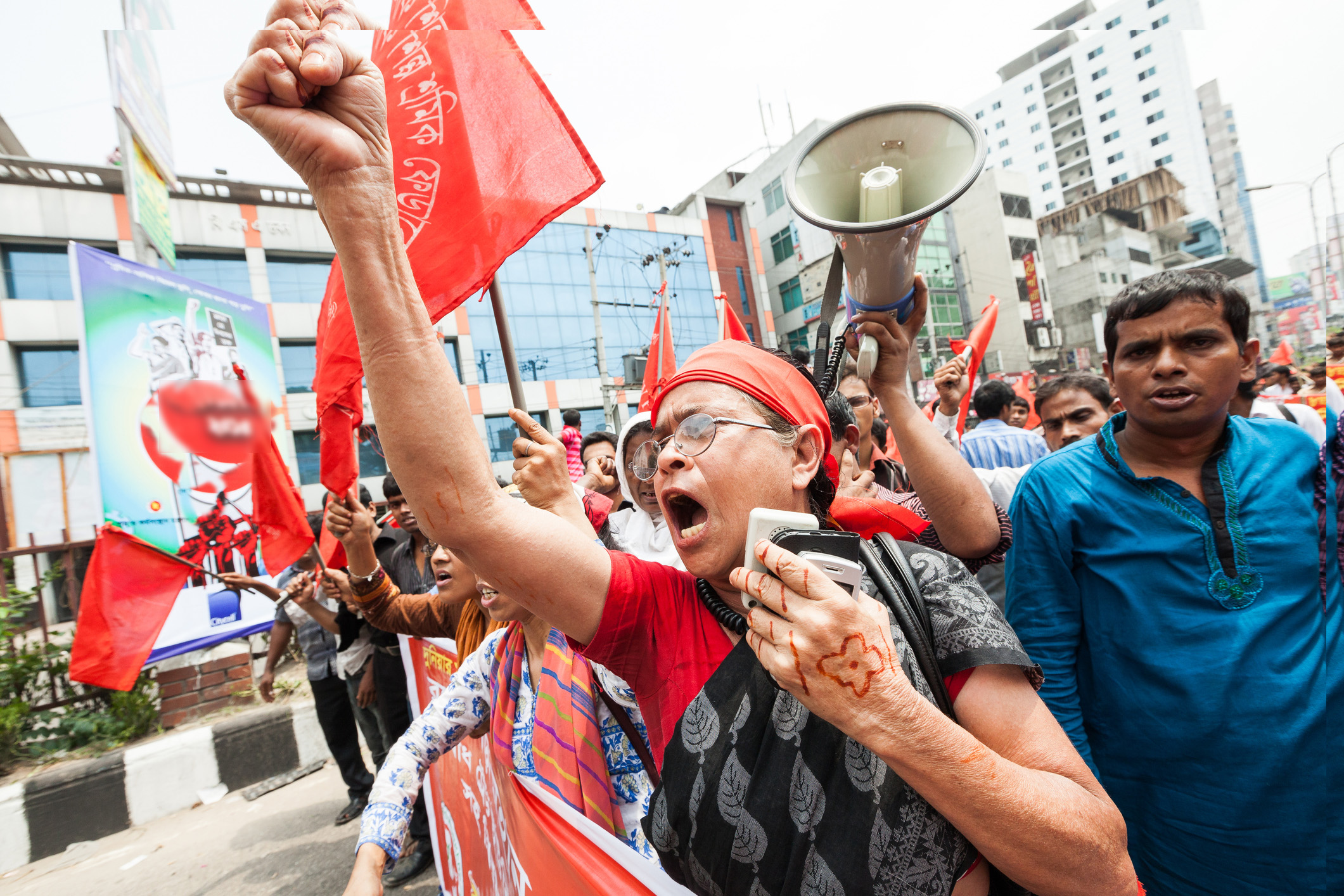Bangladesh: Mass student unrest raises instability and could be a threat to the government

Event
Early July, widespread student-led protests broke out in reaction to the reinstatement of the “government job quota system”, a system that was in place between 1972 and 2018. PM Sheikh Hasina’s decision to reinstate the quota system in the civil service, notably favouring independence veterans, could be understood by the fact that her father was the independence hero. Mass protests have been cracked down violently by the police, reportedly killing more than 100 people, injuring thousands and leading to 2,500 arrests in several cities across the country. In addition, the authorities have shut all universities, imposed a curfew and suspended mobile and internet networks. Some days ago, to ease high street pressures, the supreme court significantly revised down the quotas from 30% to 5% for relatives of people who fought in the independence war in 1971. Also, communication restrictions were partly lifted and the curfew was eased. Still, students seem determined to continue protesting until their list of demands is met by the authorities.
Impact
The scale of the student protests across the country and the fact that they could continue despite the supreme court’s decision highlight the long list of grievances among the young population. High youth unemployment, the deteriorated economic situation (with stubbornly high inflation around 10%, slowing GDP growth, eroded liquidity, worsened public finances) and probably the call for change after PM Hasina won her fourth mandate during the January 2024 elections (facilitated by the opposition boycott) explain the high tensions. Therefore, the large wave of popular discontent – supported by various protests among the diaspora – seems also directed against the government. This means that meeting student requests (which are among others: apologies from the PM, the resignation of the home minister, the reopening of educational institutions and a ban of the pro-government student wing) could be difficult, even politically impossible, and prolong domestic instability. The coming weeks and months might be very destabilising for PM Hasina’s rule.
The unstable and fragile domestic political situation could have a detrimental effect on the business environment risk (rated E/G). Particularly, if uncertainty and tensions are prolonged. Indeed, the latest operational disruptions and potentially decreased confidence could affect foreign investments in the country and further hit the crucial garment sector, which has already been suffering from a weakened Western demand. Hence, the IMF forecast of a 6.6% GDP growth rebound in the next financial year 2025 could be revised downward.
As for the MLT political risk rating (4/7), Credendo has a negative outlook, given the deterioration of macroeconomic fundamentals and increasing instability risks.
Analyst: Raphaël Cecchi – r.cecchi@credendo.com
